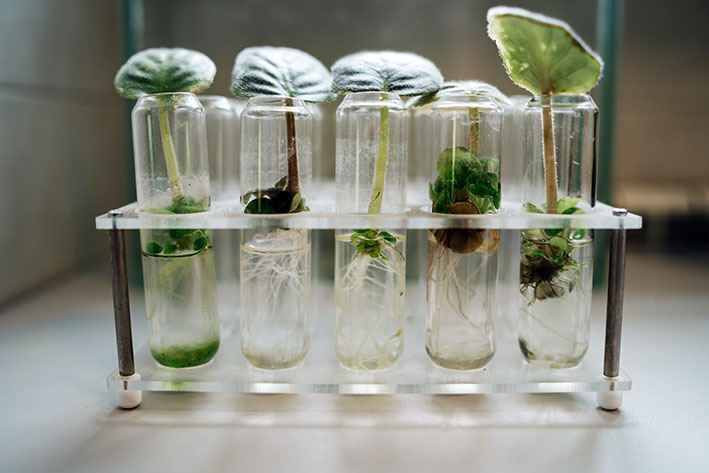Course Information
Course Description
This course fosters a lifelong curiosity in learners about the natural world, nurturing their ability to explore and understand scientific explanations for various phenomena. Through engaging activities and immersive learning experiences, students develop a deep appreciation for scientific inquiry and the skills necessary to investigate and make sense of the world around them.
Course Objectives
The objectives of this course are to enhance learners' scientific thinking, develop practical skills, and foster the knowledge and understanding necessary for explaining the world around us. By improving students' awareness of science in their surroundings, they will develop a personal connection to the subject and recognize its relevance to their lives. This course also aims to equip learners with the knowledge and skills needed to excel in science at later stages of education, make informed choices, and address sustainability issues and environmental challenges.
Course Outline
The Science curriculum covers six main areas, ensuring a holistic approach to teaching the subject:
- Biology: Study of living things and their interactions.
- Chemistry: Examination of matter and its properties.
- Physics: Exploration of the relationship between matter and energy.
- Earth and Space: Investigation of Planet Earth, the Solar System, and Beyond.
- Experimentation: Development of scientific modeling, scientific inquiry, and practical skills.
- Scientific Methods: Introduction to scientific methods and processes.
Student Acquisitions
Throughout this course, students will develop critical thinking skills, practical scientific skills, and a deep understanding of scientific concepts. They will be able to apply scientific knowledge to explain natural phenomena, make connections to their everyday lives, and appreciate the importance of science in addressing global challenges.
Learning Methodologies
The Science curriculum employs a variety of learning methodologies to engage students in active and meaningful learning experiences:
- Inquiry-Based Learning: Encourages students to explore scientific concepts through questioning, investigation, and discovery.
- Collaborative Learning: Fosters teamwork and communication skills through group projects and discussions.
- Virtual Experiments and Simulations: Provides interactive virtual labs and simulations to develop practical skills and reinforce theoretical concepts.
- Multimedia Resources: Utilises videos, interactive presentations, and online resources to enhance understanding and engagement.
- Assessments and Feedback: Regular assessments and constructive feedback help students gauge their progress and improve their scientific skills and knowledge.





